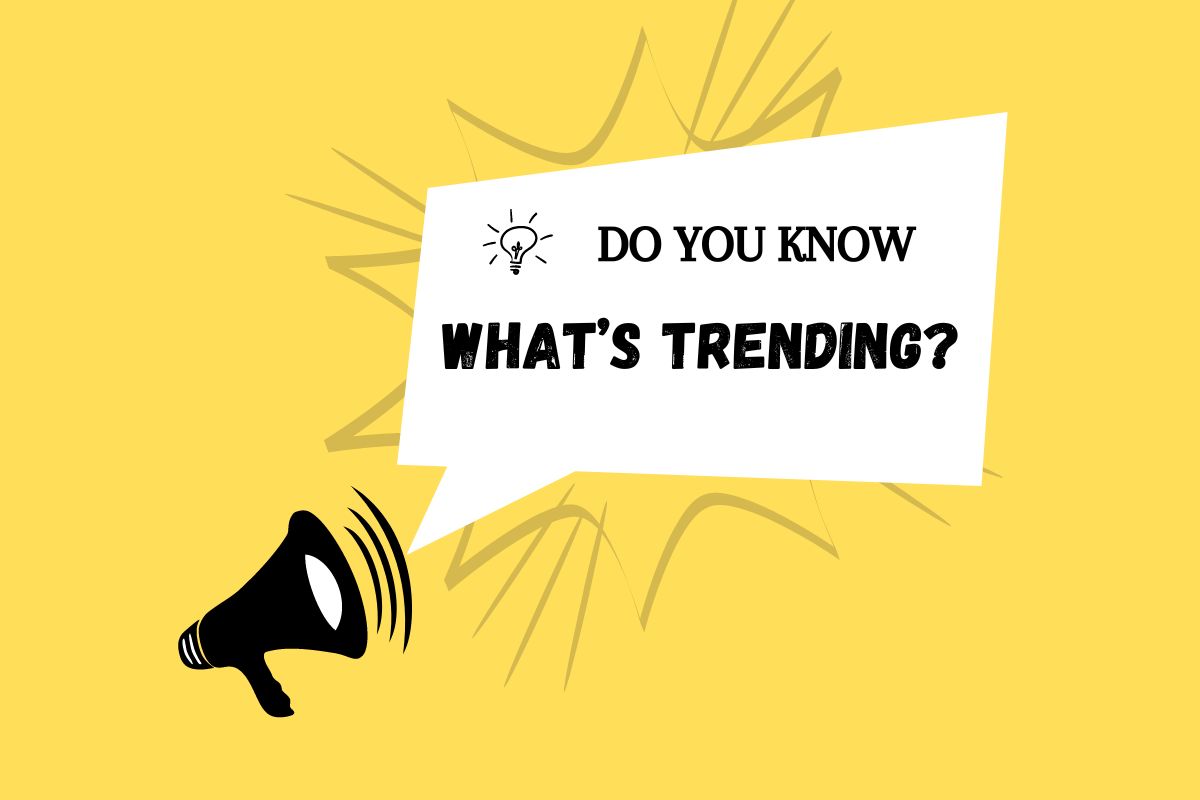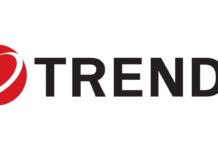Expert Claims 2024 Betting Odds Are More Accurate Than Polling
In recent political discourse, a significant topic has emerged that has grabbed substantial attention online. According to a CNN Politics article, Rutgers Professor Harry Crane has suggested that the betting odds for the 2024 elections might be more reliable than traditional polling methods. This assertion has created a buzz, becoming one of the most trending searches on Google today.
For more information, you can refer to this news here.
Betting Odds Vs. Polling: A New Perspective
Professor Harry Crane of Rutgers University has recently made waves by emphasizing the potential accuracy of prediction markets over conventional polling. He explained that data has shown prediction markets (where people place bets on the outcomes of events) often yield more precise forecasts than traditional polls.
"The data shows if you wanted a single best predictor," Crane stated, "one source of information to know what’s going on in the elections – it’s the prediction markets." This perspective suggests that those placing bets, often armed with a wealth of information and analysis, might collectively offer a better gauge of election outcomes than standard polling methods, which can be susceptible to various biases and inaccuracies.
Why Betting Odds Might Be More Accurate
Several factors contribute to the potential accuracy of betting odds:
- Incentives for Accuracy: People betting their money have a financial incentive to be as accurate as possible. This contrasts with respondents in polls who might not have any stakes in the accuracy of their answers.
- Collective Wisdom: Prediction markets aggregate the insights of a large number of people, often leading to a "wisdom of the crowd" effect where collective estimates can be quite accurate.
- Dynamic Adjustments: Unlike polls, which are static and capture opinions at a single point in time, betting odds continuously adjust as new information becomes available, reflecting the latest trends and developments.
Polls can often miss the mark due to sample biases, respondents’ willingness to disclose their true preferences, and the challenge of reaching a representative sample. Betting markets, on the other hand, involve participants who are generally more informed and motivated to predict accurately due to the potential financial rewards.
Implications for Political Strategy
Crane’s insights could have significant implications for political strategies. For instance, the Republican Party was cautioned against becoming complacent despite what some polls might suggest. "They shouldn’t just spike the ball just yet," Crane warned. This means that political parties might need to pay closer attention to prediction markets as a more reliable barometer of their standing and adjust their strategies accordingly.
Historical Context and Current Trends
Historically, prediction markets have had notable successes. For example, during the 2008 and 2012 U.S. presidential elections, prediction markets were closer to the actual outcomes compared to many polls. These markets have also been effective in predicting outcomes in other areas, such as sports and entertainment.
The trending nature of this topic today highlights the growing interest and trust in alternative methods of prediction, driven by increasing skepticism about traditional polling’s reliability. This skepticism has been fueled by multiple instances where polls have significantly deviated from actual election results, such as in the 2016 U.S. presidential election and the Brexit referendum.
Reactions and Reviews
The reaction to Crane’s perspective has been mixed. Some political analysts and strategists have welcomed the idea, recognizing the limitations of traditional polling and the potential benefits of incorporating betting odds into their analyses. Others, however, remain cautious, pointing out that while prediction markets can be useful, they are not infallible. They emphasize the need for a multi-faceted approach, combining various data sources for the most comprehensive understanding.
Prominent political strategist Mark Johnson noted, "While betting odds provide an interesting and often accurate perspective, they should be used in conjunction with other tools. Over-reliance on any single method can be risky."
Good to Know Information
For those unfamiliar with prediction markets, they are platforms where participants can buy and sell contracts based on the outcome of an event, such as an election. The price of these contracts fluctuates based on the collective wisdom of the market participants, and the final price can be interpreted as the probability of a particular outcome.
For instance, if a contract for a candidate winning the 2024 election is trading at $0.60, it implies a 60% probability of that candidate’s victory, according to the market participants.
Looking Ahead
As the 2024 elections approach, it will be interesting to observe how the landscape of political prediction evolves. Will more political analysts and strategists turn to prediction markets? Will traditional polling methods adapt to address their current limitations?
One thing is certain: the conversation sparked by Professor Crane’s comments has opened the door to a broader discussion about the best ways to forecast election outcomes. As this topic continues to trend, it will likely inspire further research and debate, contributing to more informed and nuanced political strategies.
For those interested in delving deeper into this topic, you can find more detailed information and watch the related video here.
Conclusion
The debate between the accuracy of betting odds versus traditional polling methods is far from settled. However, Professor Harry Crane’s insights provide a compelling case for considering prediction markets as a valuable tool in the arsenal of political forecasting. As the 2024 elections draw nearer, the accuracy of these methods will be put to the test, offering an exciting lens through which to view the unfolding political drama.

































